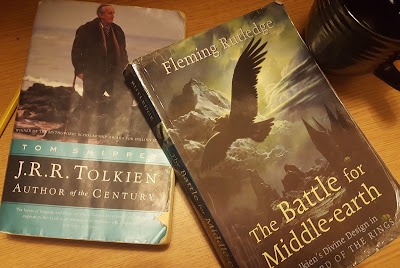Abigayle Claire has just published her first novel, Martin Hospitality, a story about a young girl who finds herself pregnant and alone in rural Kansas. When she is taken in by the Martin family, she struggles to fit in, but quickly finds herself drawn to their kindness and faith. However, as her past returns upon her, she fears she may find the limits of their hospitality.
What inspired you to write this story?
In March of 2015, I had a really bizarre dream. I had been reading a Beverly Lewis book and my aunt and uncle were moving to Kansas. The dream was a combination of those two things and gave me the basic idea for Martin Hospitality: a pregnant teen who had to rely on the help of a large, Christian, homeschooling family.
What was the creative process for Martin Hospitality like? Did it come to you all at once or did you take some time to work out the story?
It definitely took some time. I had the dream that was my initial inspiration but it took character sheets and plotting to give me themes, twists, and true development. Ultimately, it took writing the first draft to fully develop the tangle of ideas in my head.
You mention character sheets and plotting, what did those look like? Did you continue to use them as you untangled the first draft, or were they more of a jumping off point?
For plotting, I used Microsoft Word to create an actual outline. I broke it down by chapter by chapter and wrote down large scale things (like theme, pivotal scenes, cliffhangers) and smaller things (tour the farmyard, go shopping). I only made it through about twelve or thirteen chapters before I began drafting. I didn’t use the outline as much as I thought, but because I had listed all those things out, my brain had a pretty good idea of where to next. I never outlined the rest of the story, hehe … And it all came together fairly well at 34 chapters long.
For character sheets, there’s a whole bunch you can use. I used this one and this one for planning Martin Hospitality. While some writers go all out and answer these questions for all their characters, I only did them for my two characters whose POV I was going to be in and my “villain.” My favorite character chart to use now is this one. I definitely recommend them no matter what you’re writing as it really helps solidify the details and unique traits of your characters, allowing all of that depth to seep into your story. I continued to refer to these all throughout my writing.
How did you go about deciding on Self-publishing? Had you heard of Create Space before?
It really wasn’t much of a decision for me. I knew I wanted the flexibility that came with self-publishing. While it meant I had to do more myself, it meant I had control over all the details and that was more appealing to me than a jump-through-our-hoops traditional route where they do a lot for you if you can meet there standards in the first place. I have nothing against traditional publishing, though, and might even give it a shot eventually.
I had heard of CreateSpace and while I checked out other places like Lulu and Bookbaby, I really liked CreateSpace’s print-on-demand policy, that they received part of the royalty instead of a down payment (or both), and that they were so closely linked to Amazon. So the decision wasn’t very hard for me in this respect, either.
You’ve mentioned your editor before, what was the experience with Create Space like? What were some things you wish you had known going in?
My editor I hired outside of CreateSpace, but she was the first person I had to employ and trust with my novel. Throughout the entire marketing/publication experience, I wish I had known the standard amount of time each detail took. That way I could have planned more exactly instead of giving myself a set amount of months and lining everything up. It all worked out alright once I changed my hopeful publication from Christmas to February. Still, I was little nervous about how the timing would all work out a couple times in January! The hardest part was having to let everyone else meet my deadlines while I sat around and waited for the artists to finish their final files.
I would like to shift focus a little bit; on your blog you describe yourself as a ‘Christian Author’, what does that mean for you?
For me it doesn’t just mean that my writings fit into the Christian genre (although they do). It means that the two are inseparable. My faith is an inherent part of who I am and therefore it’s an inherent part of my writing. But beyond the fragments of my worldview that are bound to filter into my writing, I also strive to intentionally have my novels as a whole reflect Christ and focus on some key virtue or quality. In Martin Hospitality this was primarily redemption.
Martin Hospitality is available on Amazon here. You can find more of Abi's thoughts as well as updates on her work on her blog The Left-Handed Typist.


